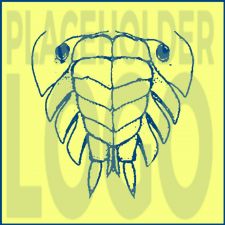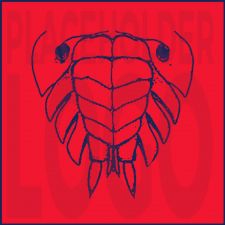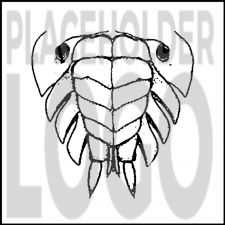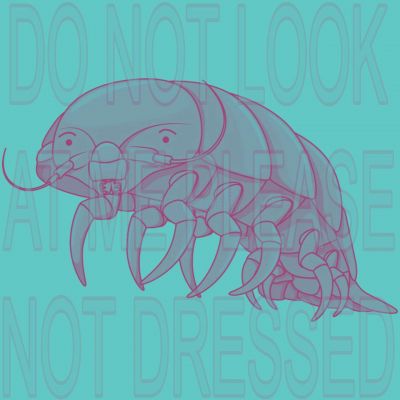Difference between revisions of "Cubaris"
| Line 5: | Line 5: | ||
| Described = 88 | | Described = 88 | ||
| Undescribed = more than 70 | | Undescribed = more than 70 | ||
| Total = ~158 (2022)<ref name=blastcat>Jones, Nathan, et al. List of Species in the Isopod Hobby, 19 Jan. 2023.< | | Total = ~158 (2022)<ref name=blastcat>Jones, Nathan, et al. List of Species in the Isopod Hobby, 19 Jan. 2023.<ref>[https://www.itis.gov/servlet/SingleRpt/SingleRpt?search_topic=TSN&search_value=93275#null Integrated Taxonomic Information System, ''Cubaris'' Brandt, 1833]</ref> | ||
| Suborder = Oniscide | | Suborder = Oniscide | ||
| Section = Crinocheta | | Section = Crinocheta | ||
Revision as of 04:24, 28 March 2023
Cubaris is a genus in the family Armadillidae described by Brandt, with Cubaris murina as the type species.
General Information
Background
Cubaris is a genus of isopods that was erected by Brandt in 1833 and within the family Armadillidae. There are currently less than 100 described species of Cubaris, but hobbyists have classified between 70 and 100 undescribed species within this genus. However, Cubaris is poorly defined, which makes it easy for distantly related species to be superficially associated with each other. Other genera, such as Merulanella and Nesodillo, are similarly notorious in the isopod hobby for their overuse.
Description
Cubaris is one of the most popular genera to keep as pets. They are known for their rich diversity of colors and patterns, but also their shy and underactive behavior. Cubairis species are generally considered to be slow breeders, with small, spaced-out broods and more demanding humidity requirements. A number of common Cubaris species though can be quite prolific, such as C. sp. "Panda King" and C. murina
Diagnostic Features
Morphological characteristics used to classify species within Cubaris include:
| Feature 1 | ||
|---|---|---|

|
||
| Notes: | Yep, that sure is a feature. | |
| Credit: | N/A | |
| Feature 3 | ||
|---|---|---|

|
||
| Notes: | Ditto. | |
| Credit: | N/A | |
| Feature 3 | ||
|---|---|---|

|
||
| Notes: | Are there even three? | |
| Credit: | N/A | |
Species
| Name | Varieties | CBB Available? | Originator | Market(s) | Notes |
|---|---|---|---|---|---|
| Cubaris sp. "Nospecies" | Nominate | Yes | ? | SEa | Canonical variety. |
